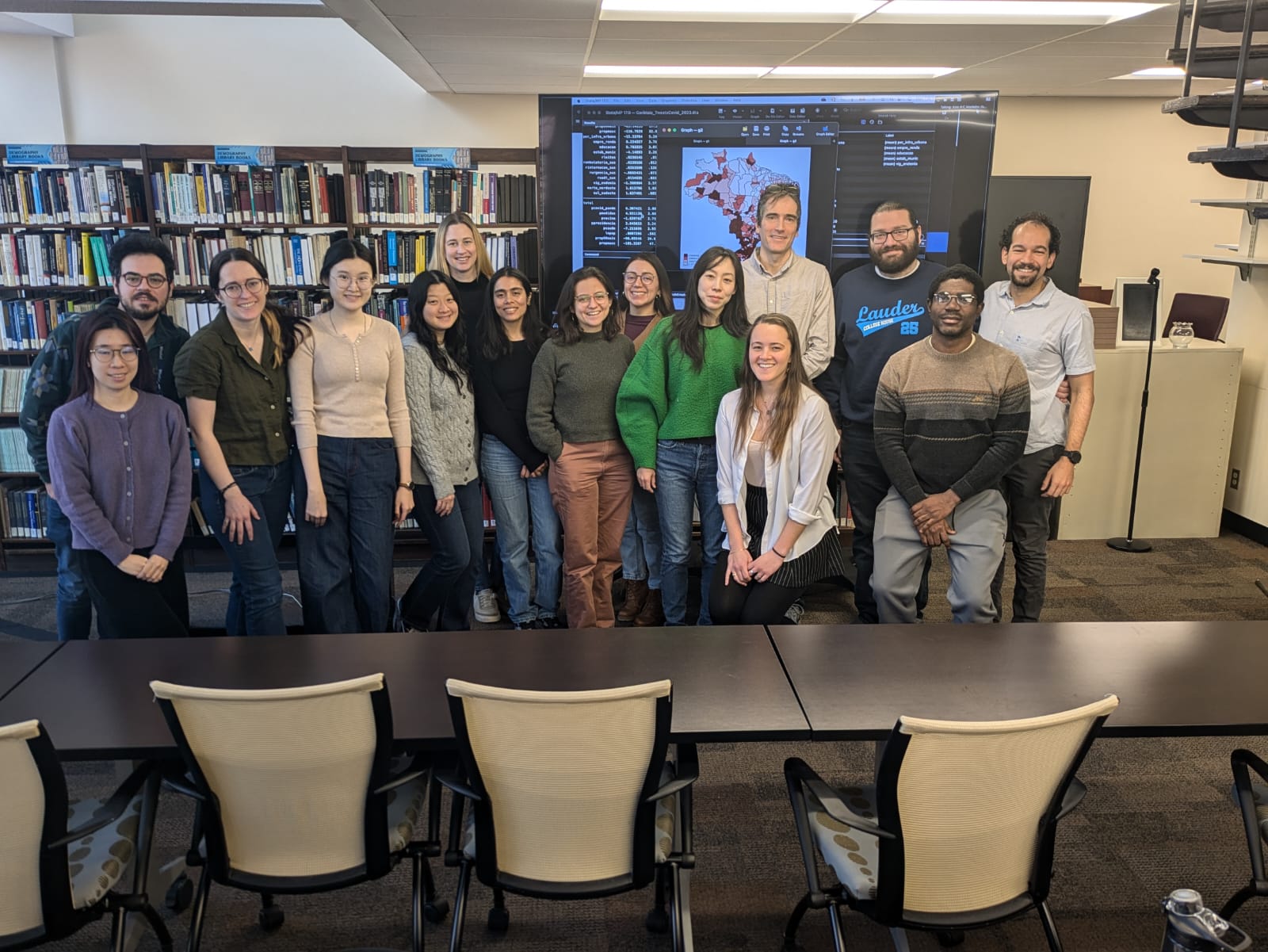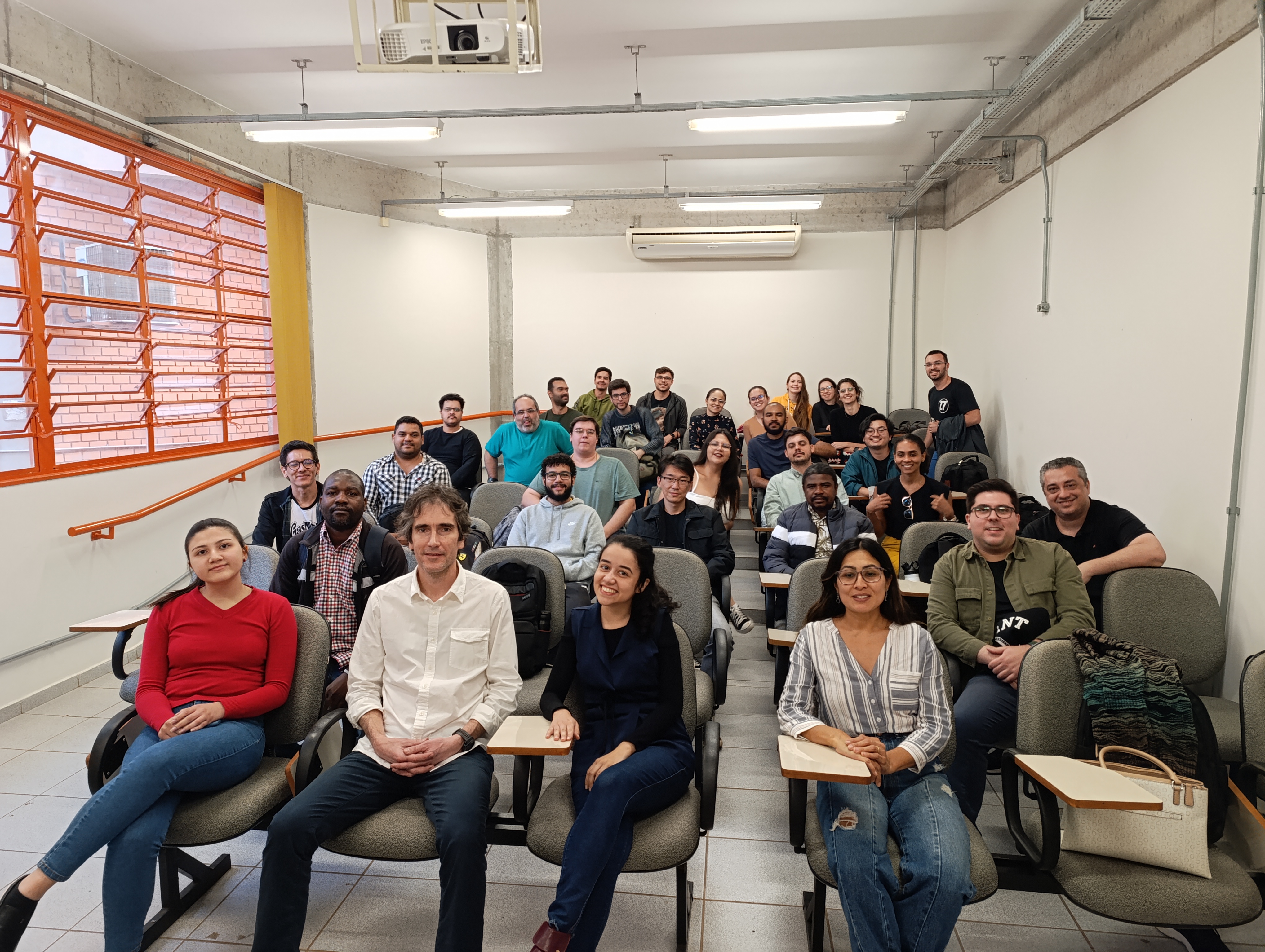
Who owns the rainforest – and who has the right to use it – might seem like a simple question. But, in the Brazilian Amazon, that question lies at the heart of one of the world’s most persistent environmental challenges. A new study from Alexandre Gori Maia (UNICAMP) in partnership with João Paulo Mastrangelo (Universidade Federal do Acre) and Stella Schons (Virginia Tech) provides some of the strongest evidence yet that secure land tenure – not merely possessing a land title – plays a critical role in reducing deforestation and improving compliance with environmental laws.



